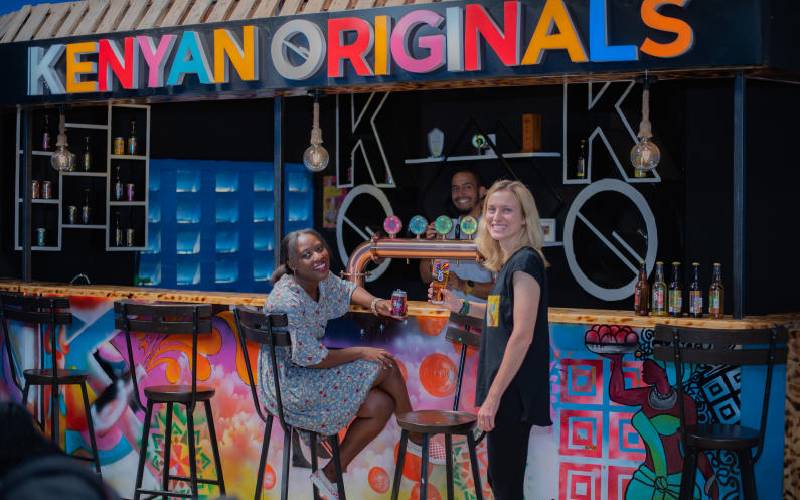×
The Standard e-Paper
Home To Bold Columnists

At a godown in Nairobi’s Baba Dogo, neatly sits a large shiny copper pot where ethanol is infused with botanicals – notably juniper berries – in a distillation process that creates gin.
This gin distillery is the newest of the frontiers sustaining Kenya’s increased appetite for the potent spirit but with a twist – flavouring it with everyday treats such as mabuyu (baobab fruit) and groundnuts to adapt it to the Kenyan palate.







